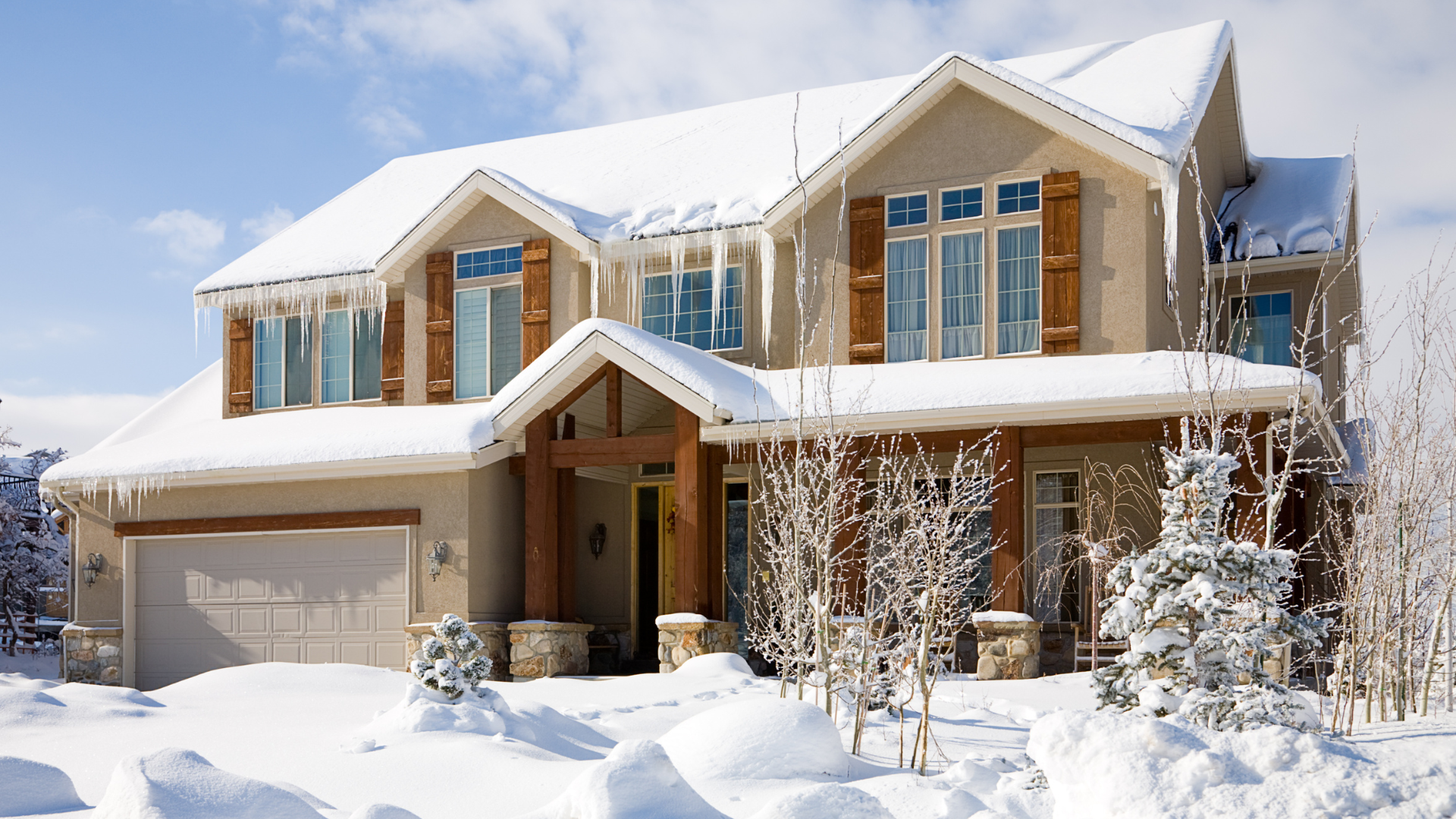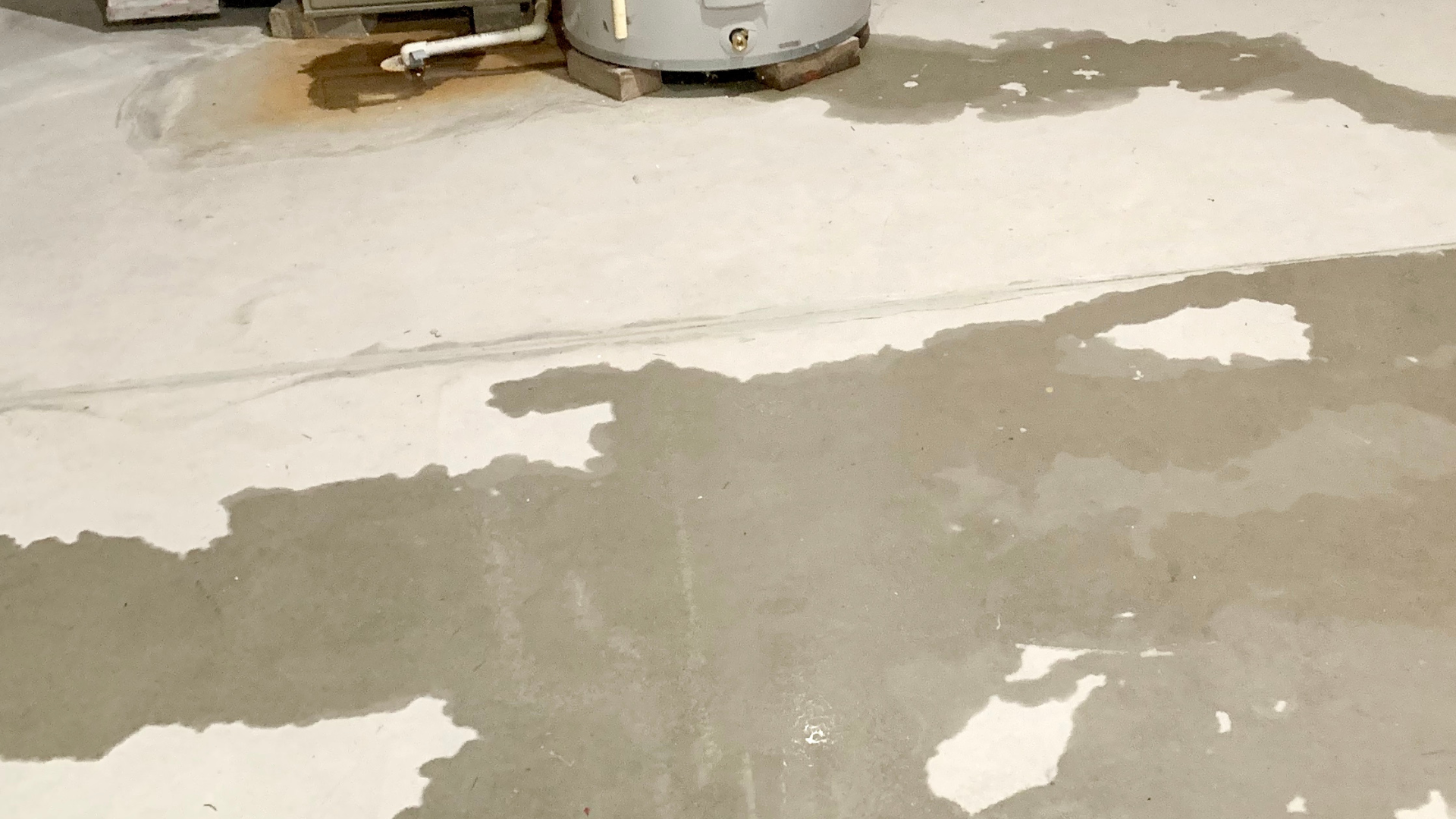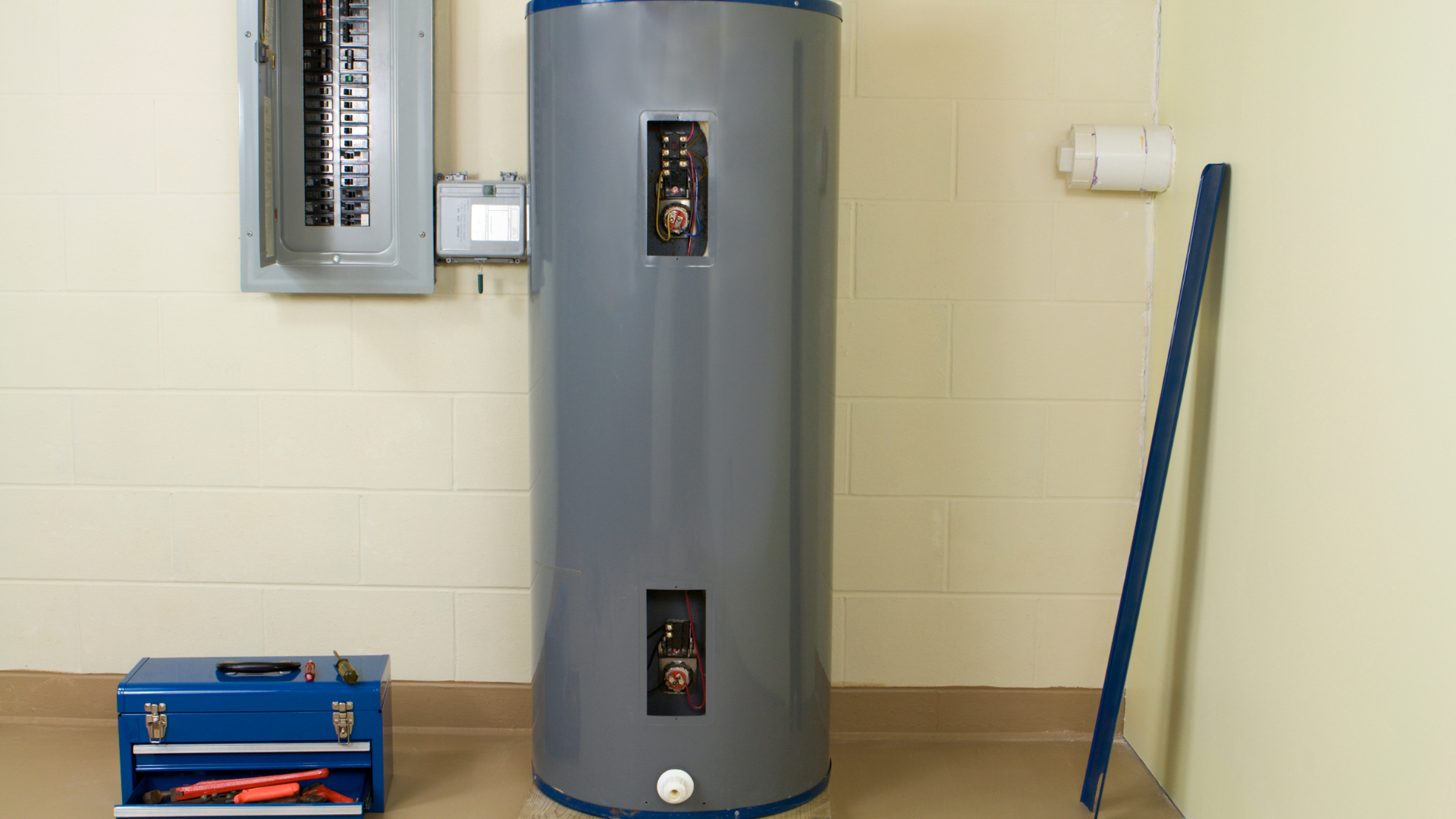Arkansas
How a Homeowner Can Navigate Contractor Licensing in Arkansas

For homeowners in Arkansas, understanding contractor licensing involves distinguishing between general home improvement work and specialized trades, and being aware of specific project value thresholds. Arkansas has a state sales tax that generally applies to most tangible personal property and some services.
Licensing Requirements for Home Service Contractors in Arkansas
Arkansas has a tiered licensing system for contractors, primarily managed by the Arkansas Contractors Licensing Board (ACLB), which falls under the Arkansas Department of Labor and Licensing.
Work Valued Over $2,000 (Home Improvement Act):
- For home improvement projects on single-family residences valued at more than $2,000 (including labor and materials), a state-issued license is generally required. The specific type of license depends on the scope of work:
- Residential Builder License: Required to construct entirely new single-family residences where the cost exceeds $2,000. Requires at least four years of experience and passing a business and law exam.
- Residential Remodeler License: Needed for major structural changes or additions to existing single-family residences if the project exceeds $2,000. Requires at least two years of experience and passing a business and law exam.
- Home Improvement License (Specialty Work): Required for specialty work like roofing, flooring, painting, or cabinet installation on single-family residences if the project exceeds $2,000. This license does not require a specific amount of training but requires the licensee to include project references for the specialty trades listed. This license does not allow for new builds or major structural remodels.
- General Requirements for ACLB Licenses (over $2,000):
- Be at least 18 years old.
- Submit a completed application to the ACLB.
- Provide a minimum of three professional references who can verify relevant work experience (requirements vary by license type).
- Pass the Arkansas Business and Law exam (for Residential Builder and Remodeler licenses; not required for Home Improvement License).
- Provide proof of Workers' Compensation insurance if the contractor has employees.
- Pay the applicable licensing fees ($100 for Residential Builder, $50 for Residential Remodeler and Home Improvement).
- For unlimited licenses (allowing projects of any size), a financial statement showing positive net worth may be required.
Work Valued Under $2,000 ("Handyman" Work):
- For smaller "handyman" jobs valued at under $2,000 (total for parts and labor), a state-issued license from the Contractors Licensing Board is generally not required.
- However, this typically applies to basic tasks like minor repairs, cleaning, landscaping, or non-structural painting.
Specialized Trades Require State Licenses:
- Regardless of the project value, certain trades are licensed by specific state boards under the Arkansas Department of Labor and Licensing (separate from the ACLB). These licenses ensure competency in critical safety-related fields.
- Electricians: Licensed by the Arkansas Board of Electrical Examiners. Licenses include Master, Journeyman, Residential Master, Residential Journeyman, and Apprentice. These require specific experience hours and passing exams.
- Plumbers: Licensed by the Arkansas Plumbing Board. Licenses include Master Plumber, Journeyman Plumber, and Apprentice, also requiring documented experience and exams.
- HVAC/R (Heating, Ventilation, Air Conditioning, & Refrigeration) Contractors: Licensed by the Arkansas HVAC/R Board. There are various classifications (e.g., Class A, B, C, D) based on the scope of work and system capacity, requiring pre-approval and passing exams.
- Boiler Operators, Elevator Technicians, Fire Protection System Installers: Also have specific state licensing requirements.
Local Permits: Even with proper state licenses, contractors must obtain all necessary building permits from the local city or county building department. These permits ensure work complies with local building codes and undergoes inspections. Failure to obtain permits can lead to fines and issues when selling your home.
It is illegal for an unlicensed contractor to perform work that requires a license in Arkansas. Hiring an unlicensed individual puts homeowners at risk for poor quality work, lack of warranty, and limited legal protection.
How Sales Tax Applies to Home Service Projects in Arkansas
Arkansas has a state sales tax rate of 6.5%, and most cities and counties impose additional local sales taxes, bringing the combined rate higher (often between 8% and 12%). The application of sales tax to home service projects in Arkansas depends on whether the work involves tangible personal property (materials) or taxable services.
- Tangible Personal Property (Materials) is Taxable:
- The sale of tangible personal property (materials) that a contractor purchases and incorporates into real property as part of a home improvement or construction project is generally subject to Arkansas sales tax.
- Contractor as Retailer/Consumer:
- For most residential construction and improvement contracts, the contractor is considered to be making a retail sale of the materials to the homeowner. In this case, the contractor would purchase the materials from their suppliers using a resale certificate (without paying tax at the time of purchase) and then collect the applicable state and local sales tax from the homeowner on the selling price of those materials. The contractor then remits this tax to the Arkansas Department of Finance and Administration (DFA).
- In some limited scenarios (e.g., certain lump-sum contracts for commercial construction), the contractor might be considered the "consumer" of the materials and pay tax to their supplier, but for typical residential projects, collecting from the homeowner is common.
- Labor/Services Taxation is Specific:
- Arkansas broadly taxes "services" unless specifically exempted. However, the application to construction-related labor is nuanced:
- Installation Labor (for Materials/Fixtures): Generally, labor charges for the installation or application of materials to real property (e.g., framing, drywall, roofing installation) are not separately subject to sales tax if they are part of a larger construction or home improvement contract where the materials are also being sold. The focus is on the materials.
- Repair Services: Repair services to tangible personal property are generally taxable. This includes repairs to appliances, electronics, or equipment within the home. If a contractor is solely performing a repair service (e.g., fixing an existing leaky faucet without replacing the fixture itself, or repairing an appliance), the labor for that repair may be taxable.
- "Nonmechanical" vs. "Mechanical/Electrical" Installation/Repair: Arkansas law has distinguished between the installation/repair of "nonmechanical" materials/fixtures (e.g., plumbing and lighting fixtures), which are generally non-taxable on labor, and "mechanical or electrical equipment" (e.g., air conditioning units, elevators), where subsequent installation labor for replacement or repair can be taxable. This area can be complex, so clarifying with the contractor and reviewing the invoice is key.
- Landscaping Services: Landscaping services provided by a construction company have been affirmed as taxable.
What this means for homeowners:
- For most significant home improvement projects involving material installation, expect to pay sales tax on the materials portion of your invoice, which your contractor will collect from you.
- Labor charges for initial installation of building components are generally not separately taxed. However, labor for specific repair services or certain subsequent installations of mechanical/electrical equipment might be subject to sales tax.
- Always request a detailed, itemized invoice that clearly separates material costs, labor costs, and specifies any sales tax applied to help you understand the charges.
How to Verify Licensing in Arkansas
Verifying a home service contractor's license in Arkansas involves checking with the Arkansas Contractors Licensing Board for general or home improvement licenses and the Arkansas Department of Labor and Licensing for trade-specific licenses.
Arkansas Contractors Licensing Board (ACLB) - Contractor Search:
- This is the primary resource for verifying Residential Builder, Residential Remodeler, and Home Improvement Licenses (for projects over $2,000).
- Website: Visit the Arkansas Contractors Licensing Board website: https://labor.arkansas.gov/agencies/licensing/contractors-licensing-board/. Look for a "Contractor Search" or "Find a licensed contractor" tool.
- Search Options: You can typically search by contractor name or license number.
- Information Provided: The search results should indicate the license status (active, expired), license number, license type/classification, and sometimes disciplinary actions. You can also call the board at (501) 372-4661.
Arkansas Department of Labor and Licensing - Professional Licensing Boards:
- This department oversees the boards that license specialized trades like Electricians, Plumbers, and HVAC/R Contractors.
- Website: Go to the Arkansas Department of Labor and Licensing website: https://labor.arkansas.gov/licensing/. Then navigate to the specific board (e.g., "Board of Electrical Examiners," "Plumbing Board," "HVAC-R Board").
- License Verification: Each board typically has its own license verification tool or a roster of licensed professionals. You may need to navigate to the specific board's page to find their search function or contact them directly.
- Examples:
- Electrical: https://labor.arkansas.gov/labor/code-enforcement/electrical-inspection-and-licensing/ (Look for "Electrician Roster Search" or similar).
- HVAC/R: https://labor.arkansas.gov/labor/code-enforcement/hvac-r/ (Look for licensee lookup).
Arkansas Secretary of State - Business Search:
- Verify that the contractor's business entity (LLC, corporation, etc.) is properly registered and in good standing with the state.
- Website: https://www.sos.arkansas.gov/corps/search_corps.html
Local City/County Building Departments:
- Always contact your specific city or county's building department to confirm that the contractor is authorized to pull permits in their jurisdiction and that all necessary permits will be obtained for your project. They can also verify local business licenses if applicable.
Proof of Insurance: Always request current Certificates of Insurance for general liability and workers' compensation. Contact the issuing insurance companies directly to verify coverage. For work over $2,000, ensure they meet any required bonding for that project type.
Thorough verification of a contractor's licenses and insurance is vital in Arkansas to protect your home and investment.
Sources
- Arkansas Contractors Licensing Board (ACLB):
- Main Website: https://labor.arkansas.gov/agencies/licensing/contractors-licensing-board/
- Contractor Search Tool: (Often linked from the main ACLB site, or search directly on their portal)
- Home Improvement Information (from Arkansas Attorney General's Office, referencing ACLB): https://arkansasag.gov/divisions/public-protection/homes/home-improvements/
- Arkansas Department of Labor and Licensing (for Trades):
- Licensing Page (links to various boards): https://labor.arkansas.gov/licensing/
- Electrical Inspection and Licensing Board: https://labor.arkansas.gov/labor/code-enforcement/electrical-inspection-and-licensing/
- HVAC/R Board: https://labor.arkansas.gov/labor/code-enforcement/hvac-r/
- Plumbing Board: (Information found on the main Department of Labor and Licensing site)
- Arkansas Department of Finance and Administration (DFA) - Sales & Use Tax:
- Sales & Use Tax FAQs: https://www.dfa.arkansas.gov/office/taxes/excise-tax-administration/sales-use-tax/sales-and-use-tax-faqs/
- Sales & Use Tax Rates: https://www.dfa.arkansas.gov/office/taxes/excise-tax-administration/sales-use-tax/sales-use-tax-rates/
- Starting a New Business (includes sales tax registration): https://www.state.ar.us/dfa/income_tax/documents/starting_a-new_business.pdf
- Arkansas Secretary of State - Business Search:
- Business Entity Search: https://www.sos.arkansas.gov/corps/search_corps.html
- Industry Guides (for general overview, always defer to state/local sources):
- NEXT Insurance - Arkansas General Contractor License and Insurance Requirements: https://www.nextinsurance.com/blog/arkansas-general-contractor-license-and-insurance-requirements/
- ServiceTitan - Arkansas Contractor License & Certification: https://www.servicetitan.com/licensing/contractor/arkansas
Click Another Article to Read More










